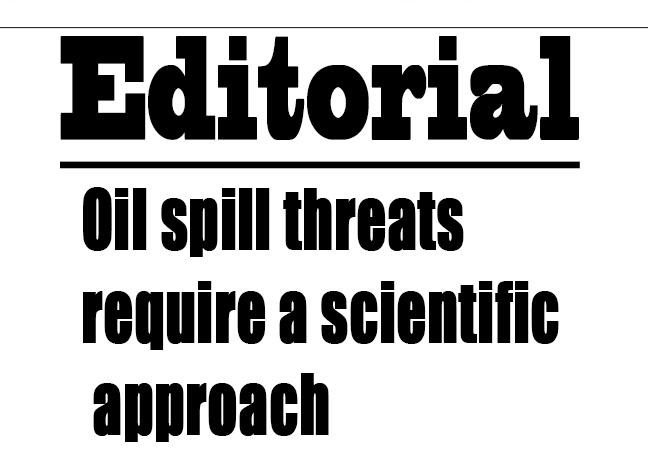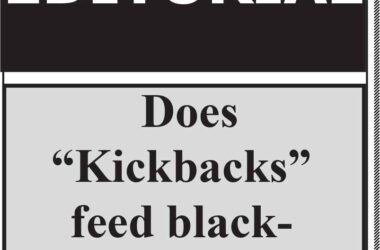Mainstream media and social media platforms, recently, have been awash with threatening speculations of oil pollution along oil-producing areas of South Sudan.
First, in whispers, was the demise of fish, displayed in mammoth statistics, allegedly in Unity state, then came the reports of abnormal births or babies born with deformities, questionably, linked to oil pollution.
Some animals reportedly have also died while agricultural activities were impeded as a result of the oil pollution assumption, which could be true or other causes might have as well played a part.
Members of our national Assembly have been perturbed, just as the Council of States equally, the cabinet, over the disturbing speculations and the fears of pollution around oil-producing areas in the country.
The Council of States, then, summoned the national ministers for Petroleum, health, and Environment to verify the claims on ‘rising cases of deformed births and other health concerns in oil-producing areas.’
However, the three ministers urged members of parliament to wait for an environmental audit to validate whether the cases are linked to oil pollution.
According to Hon. Pout Kang, the minister of Petroleum, three top companies were contracted to carry out environmental audits in the oil fields, but the process delayed due to floods and remittance of funds.
Envirocare and Bridge Consult, Panloy and SGS Company, and Envag Associates Kenya were contracted to conduct the environmental impact assessment, though outcome of the work has not been made public.
As Hon. Puot puts it rightly that, “compliance or non-compliance is only ascertained following an audit,” and when cases, for instance, of the abnormal births are scientifically adduced.
In today’s era of technology, it’s judicious to rely on scientific information and results to advance our cause, alas, dependence on hearsay could only lead us to kill our hen that lays golden eggs.




